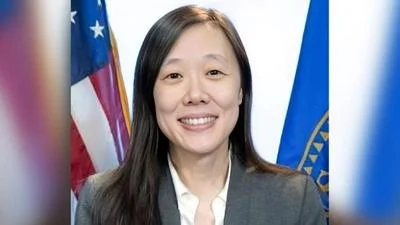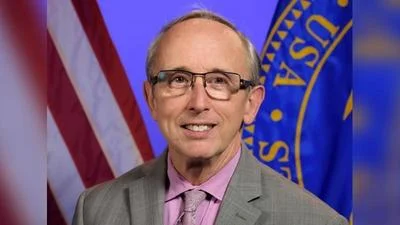Sinus and nasal issues are things most people are familiar with. | Corina/Unsplash
Sinus and nasal issues are things most people are familiar with. | Corina/Unsplash
There is scientific evidence to back up the notion that sinus inflammation is the cause of nasal polyps. The best way to avoid polyps is by knowing the symptoms and knowing when it's time to see a specialist.
Sinus and nasal inflammation are things everyone is familiar with. A report from the National Center for Biotechnology Information (NCBI) revealed that chronic inflammation in these areas can lead to long-term health conditions such as nasal polyps. These polyps are thought to usually be a result of inflammation of the mucosa from a sinus allergy reaction or other inflammatory process.
"We start with medical management, nasal steroids sprays, short courses of decongestants. If those don't seem to work, then we go to the next step, which is to try courses of oral steroids. Now, the problem with oral steroids is that there are side effects, and we have to be careful with overaggressive steroid use in patients, because there are a number of side effects that can present with sometimes just one dose of oral steroids," Dr. Manish Khanna of Capitol Breathe Free Sinus & Allergy Centers told Montgomery News.
A report from the Mayo Clinic identified some common signs and symptoms of chronic sinusitis with nasal polyps. They include persistent stuffiness, a runny nose, decreased or absent sense of smell and loss of sense of taste, pain in the upper teeth, facial pain or headache, a feeling of pressure over the forehead and face, post-nasal drip, frequent nosebleeds and snoring.
There is no evidence that shows a reliable timeline for developing nasal polyps, the Mayo Clinic report said. You may be able to reduce the chances of developing nasal polyps by using home remedies or over-the-counter medications. But if symptoms continue beyond 10 days, it is advisable to see an otolaryngologist (an ear, nose and throat specialist). By treating the causes of nasal polyp development, it's possible they can be avoided.
To evaluate your symptoms, please take our online sinus assessment quiz.




 Alerts Sign-up
Alerts Sign-up